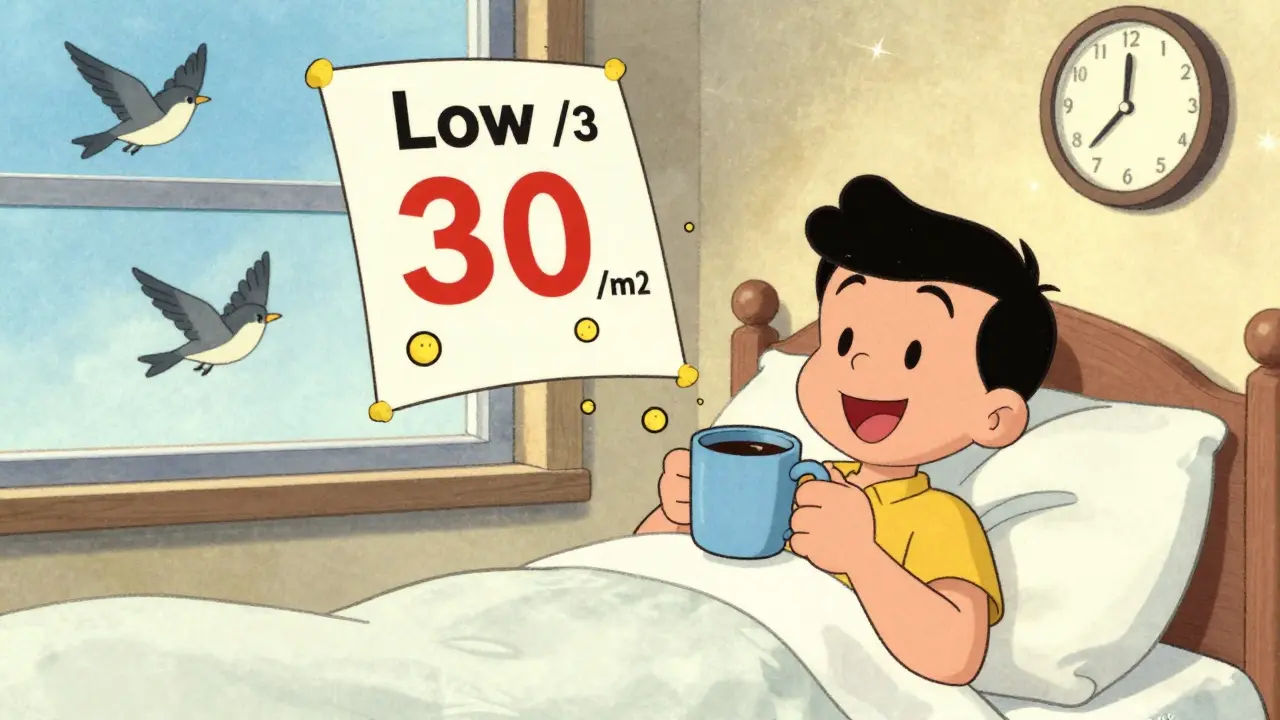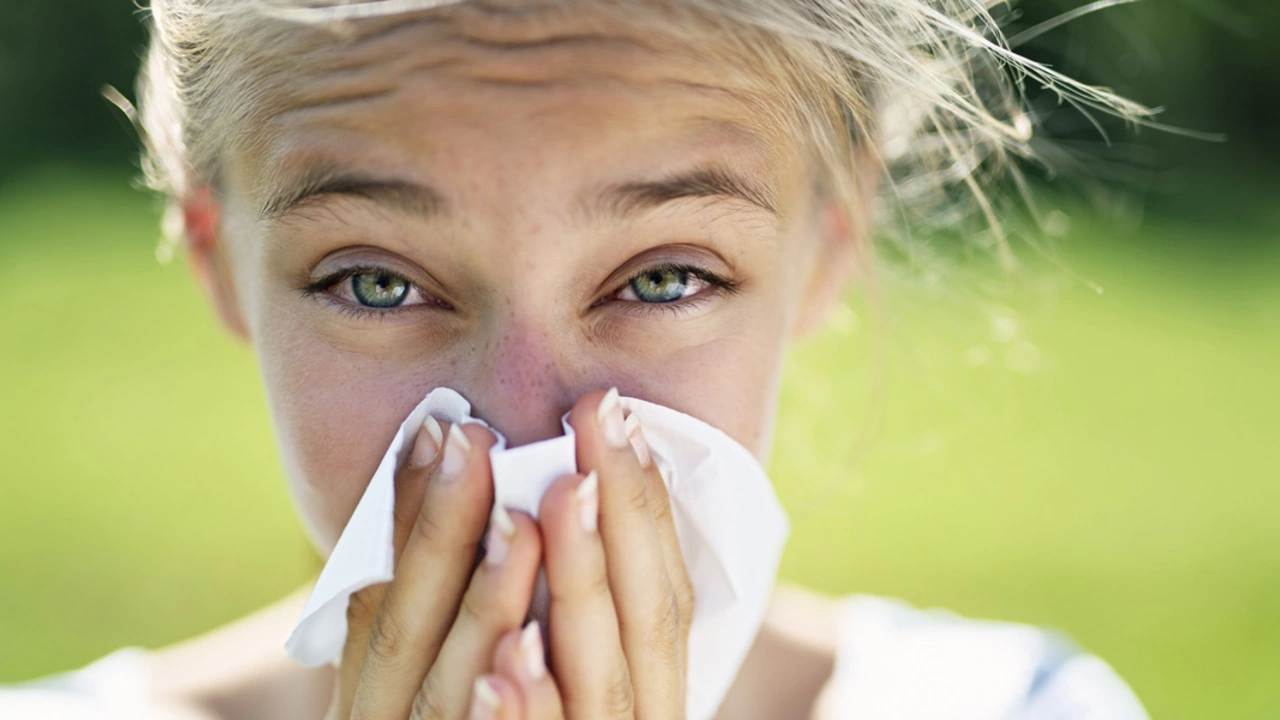Seasonal Allergies: Simple Ways to Feel Better This Season
Sneezing, itchy eyes, and a stuffy nose can wreck a day fast. If seasonal allergies bother you every spring or fall, you don’t need to accept wasted weekends and poor sleep. Start with a few clear steps—some you can do today—to cut symptoms and stay active.
Quick fixes and medicines that actually work
Want relief now? Non-drowsy antihistamines like cetirizine or loratadine reduce sneezing, runny nose, and itchy eyes. If you need stronger control, a nasal steroid spray (mometasone, fluticasone or the one we cover in our Nasonex guide) lowers inflammation in the nose and helps most people after a few days of daily use. Decongestant pills or sprays can clear blocked noses fast, but use sprays for no more than three days to avoid rebound congestion. If you’re pregnant, have high blood pressure, or take other meds, check with your clinician before starting anything.
Allergy shots or sublingual tablets are worth considering if medicines don’t help. They train your immune system to tolerate pollen and can reduce symptoms long-term. Ask an allergist whether you’re a good candidate—shots take months to work but can cut seasons of misery down the line.
Daily habits that actually cut pollen exposure
Small habit changes matter. Check the pollen forecast and plan outdoor activities for late afternoon when counts are often lower. After being outside, rinse pollen off—shower and change clothes so you don’t bring allergens into your bedroom. Keep windows closed on high-pollen days and run the AC with a clean filter; a HEPA filter in your bedroom helps, too.
At home, damp-dust surfaces and vacuum with a machine that has a HEPA filter. Skip line-drying laundry outside when pollen is high—freshly dried sheets can trap pollen and trigger symptoms at night.
Nasal irrigation with saline (a neti pot or squeeze bottle) removes pollen and mucus and can cut the need for stronger meds. Use boiled-and-cooled or distilled water, and follow cleaning instructions to stay safe.
Supplements and natural products get a lot of attention. Some people report help from local honey, quercetin, or supplements like Lungmoss, but evidence varies. If you try a supplement, discuss it with your provider—some interact with prescription drugs or cause side effects.
When should you see a doctor? If over-the-counter meds don’t control symptoms, if symptoms last beyond the usual season, or if you have breathing problems like wheeze or chest tightness, make an appointment. An allergist can test what triggers you and offer targeted treatment like immunotherapy or prescription inhalers if asthma is involved.
Pick one change today: check today’s pollen level, run a saline rinse tonight, or start a non-drowsy antihistamine. Small, consistent steps add up and often mean fewer missed days and better sleep when the season hits.

Pollen Forecasting: Plan Outdoor Activities Around Peak Allergen Days
- 9 Comments
- Dec, 28 2025
Learn how to use pollen forecasts to plan outdoor activities around peak allergen days. Reduce symptoms, avoid meds, and enjoy the outdoors without the sneezing.

Seasonal allergies and exercise: How to stay active despite your symptoms
- 19 Comments
- Jun, 18 2023
As someone who suffers from seasonal allergies, I understand how difficult it can be to stay active during allergy season. Despite the sneezing, runny nose, and itchy eyes, there are ways to maintain an active lifestyle. First, be mindful of the pollen count and choose indoor activities during high-pollen days. Second, wearing a mask while exercising outdoors can help reduce exposure to allergens. Lastly, don't forget to consult with your doctor about appropriate allergy medications that may help alleviate your symptoms, so you can keep enjoying your favorite physical activities.




